Angina
1. Symptoms of Angina![By BruceBlaus. When using this image in external sources it can be cited as: Blausen.com staff (2014). "Medical gallery of Blausen Medical 2014". WikiJournal of Medicine 1 (2). DOI:10.15347/wjm/2014.010. ISSN 2002-4436. (Own work) [CC BY 3.0 (http://creativecommons.org/licenses/by/3.0)], via Wikimedia Commons](data:image/svg+xml,%3Csvg%20xmlns='http://www.w3.org/2000/svg'%20viewBox='0%200%20526%20393'%3E%3C/svg%3E)
Chest pain, shortness of breath, nausea, weakness and loss of feeling in the left arm, are the most common signs of Angina. Other symptoms can include a choking feeling, squeezing, tightness and heaviness. Also, paleness and even sudden death can occur. Angina pain is not always restricted to the chest area as it can also spread to the shoulders, neck and back area as well. source1 source2
Video: signs to watch for that may indicate a pending heart attack
2. Causes Of Angina
Angina pain is caused by the reduction of blood supply to your heart. This is most frequently due to the plaque build-up in the arteries. This is a condition referred to as: Atherosclerosis – the hardening of the artery due to the build up of plaque. Atherosclerosis is the main culprit of coronary heart disease which is accountable for 43% of all deaths in the US (the leading cause).
Some causes of Atherosclerosis:
- Smoking
- Elevated blood cholesterol levels (LDL)
- High blood pressure
- Diabetes
- Sedentary lifestyle
- Obesity
Types of Angina
- Stable Angina: This is the most common form of angina is result many of the symptoms and causes mentioned above where the heart has to work harder due to the restriction of blood flow. This commonly occurs after some form of physical exertion stemming from the strain on the heart to pump blood through the hardened artery or arteries. This variant of angina attack is not considered a heart attack but likely could be an indication that one is pending if the issue is not addressed
- Unstable Angina: This is a much more serious and life threatening form of Angina and can rapidly result in a
heart attack. This is a sudden disruption of blood flow to the heart. It can occur in someone who has never experienced the symptoms associated with the “stable” form of Angina. Often, If the blockage is not resolved, it will lead to more frequent occurrences.
- Variant Angina: This type of Angina normally occurs when the individual is resting (sleeping). The pain is very severe and usually towards the middle or later in the sleep cycle.
3. Exercise tips
Routine forms of activity such as mowing the lawn and basic house cleaning such as: sweeping, vacuuming, and mopping the floor can be categorized as forms of exercise. Brisk walks and a refreshing swim are also beneficial as the goal is not to remain too sedentary throughout the day.
In my post “The Short Answer To Aging: Lengthen Your Telomeres” I covered a section on High Intensive Interval Training (HIIT). Note: This is a very vigorous form of workout and (as is mentioned in the piece) it is not for everyone. Especially, if you have an angina condition. I would make sure my blood pressure and angina symptoms are under control first.
Of course going to a dance class or joining a gym is an option as well.
Also, there is a section in two of my other posts that can add some on insight on exercise/physical activity:
Weathering The Cold Months: How To Stay Healthy In The Winter
4.Dietary and Supplementation Tips:
Diet Implementation:
Garlic: Taking 2 cloves of garlic in the morning can be very beneficial in mitigating or maybe even cure symptoms of angina over an extended period of time. The University of Maryland Medical center suggests taking 1200 mg of garlic extract per day.
- Kyolic Garlic Extract: 4.7 of 5 stars on Amazon. 2 of 757 reviews: 1.“I am over 60. I started taking Kyolic Cardio Formula years ago, to lower my blood pressure. As long as I took it faithfully, my BP was 125/65. Recently, got too lazy to order more and, for a month, took a lesser brand. Even though the other brand quoted more milligrams garlic, my blood pressure went up as high as 190/90. Been back on Kyolic for a month and BP down to 140/70. Expecting lower, as time goes on. Also under DR supervision…don’t be an idiot, right? “ 2. “My local nutrition store suggested I take Kyolic Garlic. Three months later I went in for my check up. My A1c was 5.6. It’s never been that low no matter how perfectly I ate and exercised. My BP was 125/72. Again good for me. I hope others will have the same good results. I won’t be without it.” Read more reviews and get it here
Basil leaves: In India they are referred to as “tulsi” leaves and considered to be an effective remedy. Touted as being one of the bona fide cures for angina, it is said that it is best to to chew a few of the leaves in the morning. Another method is to adding a few spoons concentrated basil to some warm water.
Lemon and Honey: Lemon squeezed into some warm water with a spoon of honey helps to clear blood vessels. Best taken on an empty stomach.
Grapes: Known for strengthening the heart, they help to reduce the risk of heart attack and angina pain.
Onion: Though raw onion juice doesn’t sound very appetizing first thing in the morning, it can instantly drop cholesterol levels to the point you won’t have to worry about angina the rest of the day.
Cayenne: This hot pepper is a power house for the heart and circulation due to the presence of the active ingredient capsaicin. I’ve written about cayenne in multiple posts such as: “Hot Red Chili Peppers: A Way To Lower The Risk Of Mortality Studies Find and Easy Fruit Smoothie Recipe – Bananacado Apple” where I cover a story about a 90 year old man who had a severe heart attack and his daughter was able to orally administer some cayenne extract to him shortly after the onset. He was initially pronounced dead by the medics but the daughter continued administering the cayenne and he fully regained consciousness by the time they reached the hospital. Get cayenne extract here
Hawthorn: This herbal remedy contains antioxidant flavonoids called oligomeric procyanidins, which help in dilating blood vessels, thus improving blood flow to the heart. However, a note of caution, Hawthorne can also set off side effects including: nausea, headaches and palpitations.
- Alcohol free Hawthorne Extract: 4.5 out of 5 stars on Amazon: 2 of 75 reviews: 1.“My mom has high blood pressure and one reviewer said to take 2 drops under the tongue for 45 seconds (despite the instructions). We tried the 2 drops under her tongue and…miracle of miracles, it dropped her systolic by 30 points and her diastolic by 12 points, knocking her back into normal range, in only 20 minutes. She’s tried it 3 other times since then, when her pressure starts to creep up just a little, and the effects are still stunning, but never dropping her too low – it’s always down to ideal/perfect, never below.” 2.“This will calm your rapid heartbeat almost immediately. After seeing three doctors with a fairly high pulse rate, my boyfriend got no real help. He was feeling on edge for weeks! Someone recommended Hawthorne to me. I ordered it and it works! Nothing short of a miracle!” Read more reviews and get it here
Kudzu: In a research study published in the Journal of Chinese Medicine Materials in January 2004, it was stated that kudzu could prove to be an effective treatment for “unstable angina.” The author who oversaw the study proclaimed that the injection of this herb was more effective than traditional methods. Caution: This herb can have a reaction with certain medications so, consult you doctor on this one, especially if this applies to you.
Green tea: Green tea is purported to be a treatment for angina as it unclogs arteries allowing for better blood flow. It’s antioxidant properties aid in reducing the buildup of cholesterol in the arteries.
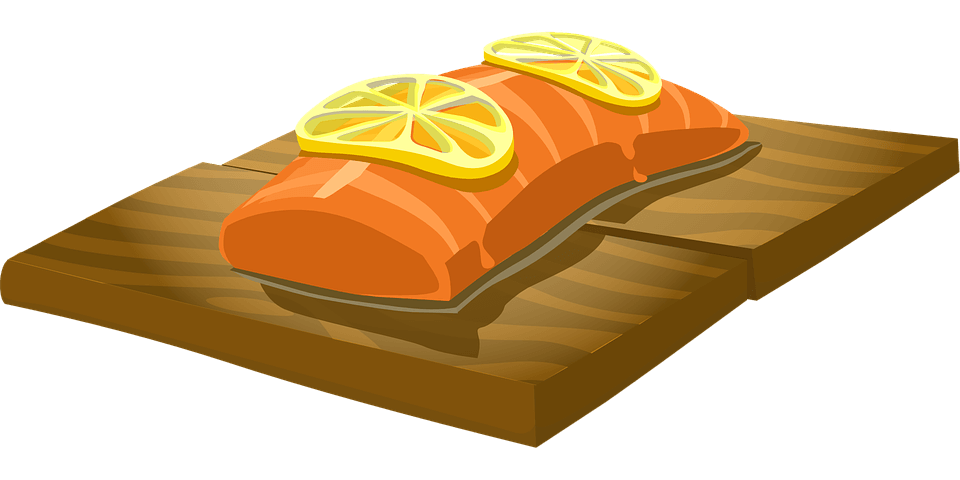
Pomegranate: Studies have shown that it can reverse the hardening of arteries by up to 25% in one year. source
Foxglove Flowers: As a member of the digitalis purpurea family, this flower was used in the civil war to treat heart disease. However, be warned: this plant is classified as a poison and according to this source should only be used to strengthen weak hearts. see here
![[[File:Foxgloves in Farningham - geograph.org.uk - 191176.jpg|Foxgloves in Farningham - geograph.org.uk - 191176]] File:Foxgloves in Farningham - geograph.org.uk - 191176.jpg](https://upload.wikimedia.org/wikipedia/commons/thumb/8/8f/Foxgloves_in_Farningham_-_geograph.org.uk_-_191176.jpg/399px-Foxgloves_in_Farningham_-_geograph.org.uk_-_191176.jpg)
Update: 09/29/20
Growing Foxglove
If you are serious about putting foxglove (a.k.a. digitalis) in your medicinal toolbox or just adding this beautiful flower to your garden, you may want to look at this piece that I was informed of recently, which provides some very good instruction and insight on how to grow foxgloves from seed. Read article Here
Foods you should avoid:
Alcohol: Alcohol raises the level of a toxic amino acid called homocysteine which has been linked to heart disease in women.
Unhealthy Fats: Foods with hydrogenated fats (oils), trans fats and fried foods.
Refined Sugar: Cookies, soft drinks, cakes ect…. which contain refined (processed) sugars. Unless they are burned up by physical activity or exercise of some sort, they will wind up in the arteries clogging them up.
Animal Fats: Reduce the amount of animal fats such as beef, pork and other dense forms of meats as well as dairy products. Also, switch from table salt to sea salt.
![By BruceBlaus. When using this image in external sources it can be cited as: Blausen.com staff (2014). "Medical gallery of Blausen Medical 2014". WikiJournal of Medicine 1 (2). DOI:10.15347/wjm/2014.010. ISSN 2002-4436. (Own work) [CC BY 3.0 (http://creativecommons.org/licenses/by/3.0)], via Wikimedia Commons](https://upload.wikimedia.org/wikipedia/commons/7/75/Blausen_0022_Angina.png)


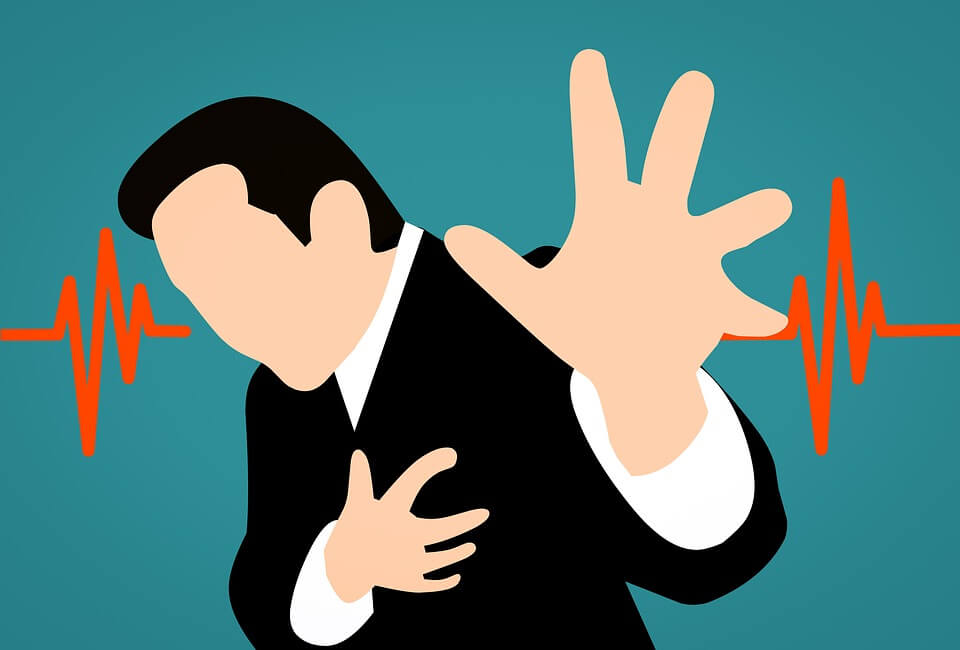 heart attack. This is a sudden disruption of blood flow to the heart. It can occur in someone who has never experienced the symptoms associated with the “stable” form of Angina. Often, If the blockage is not resolved, it will lead to more frequent occurrences.
heart attack. This is a sudden disruption of blood flow to the heart. It can occur in someone who has never experienced the symptoms associated with the “stable” form of Angina. Often, If the blockage is not resolved, it will lead to more frequent occurrences.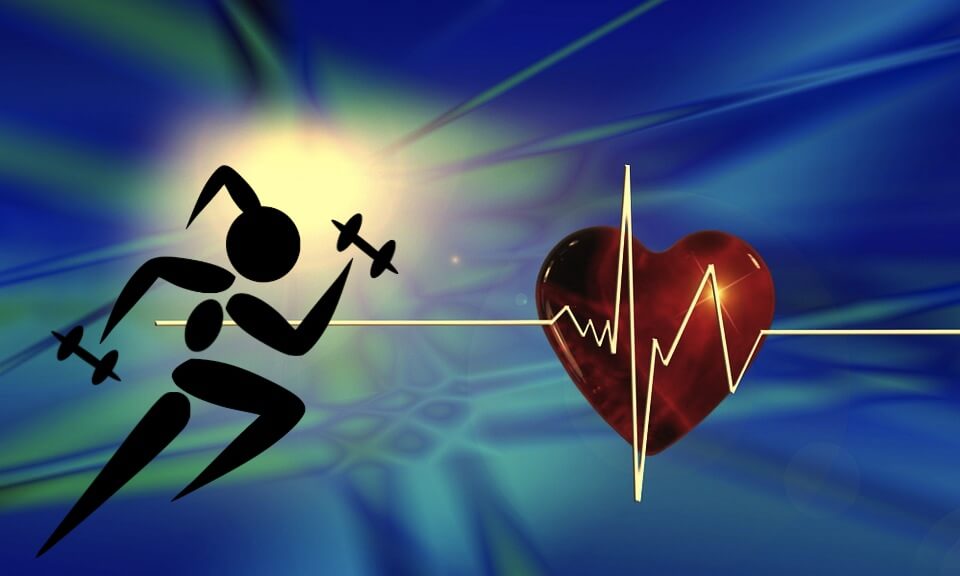
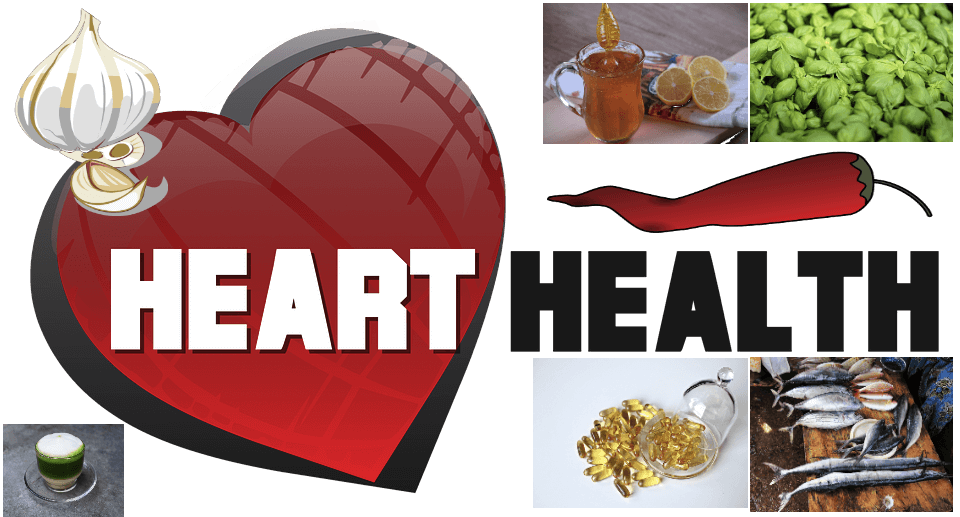
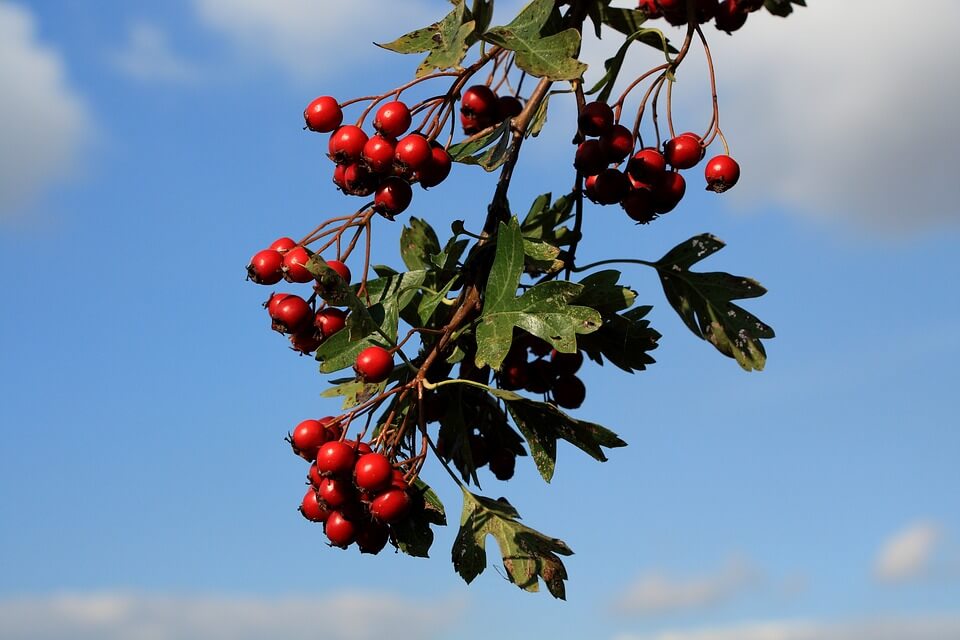

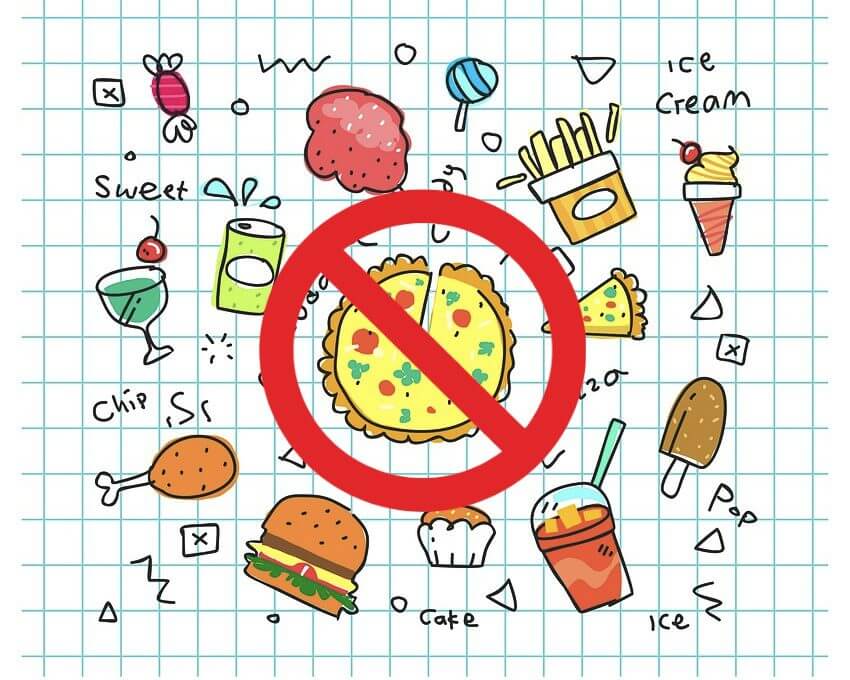
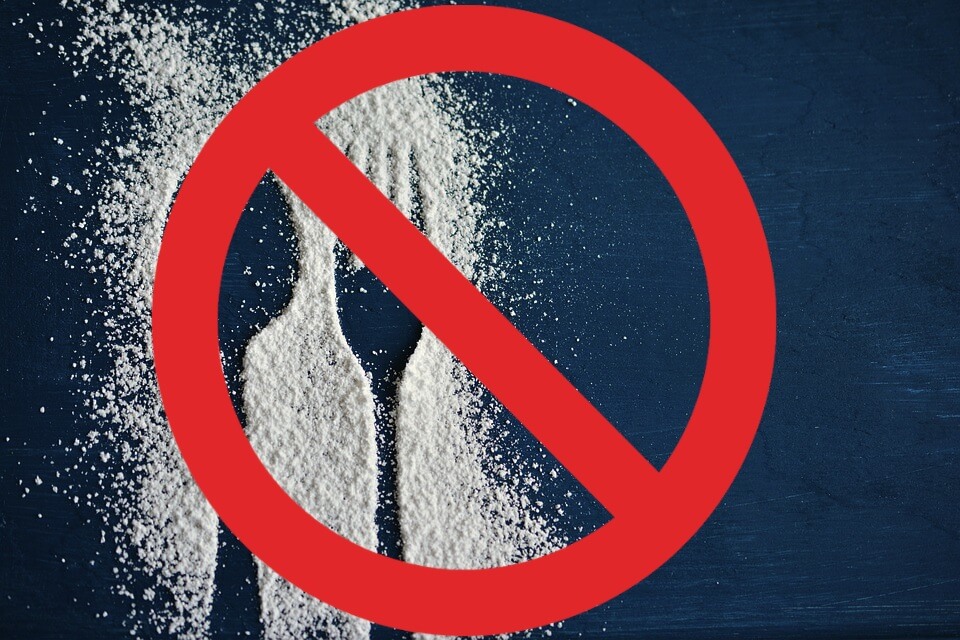
Thanks for the insights. This article is very helpful.
After my CAD diagnosis, I started on a herbal treatment from VineHealth Center that effectively treated my heart disease and artery calcification, (Go to vinehealthcenter.com). The treatment cleared my artery and I can also breath better, its life changing!
Thank you Veronica. That’s great testimony!